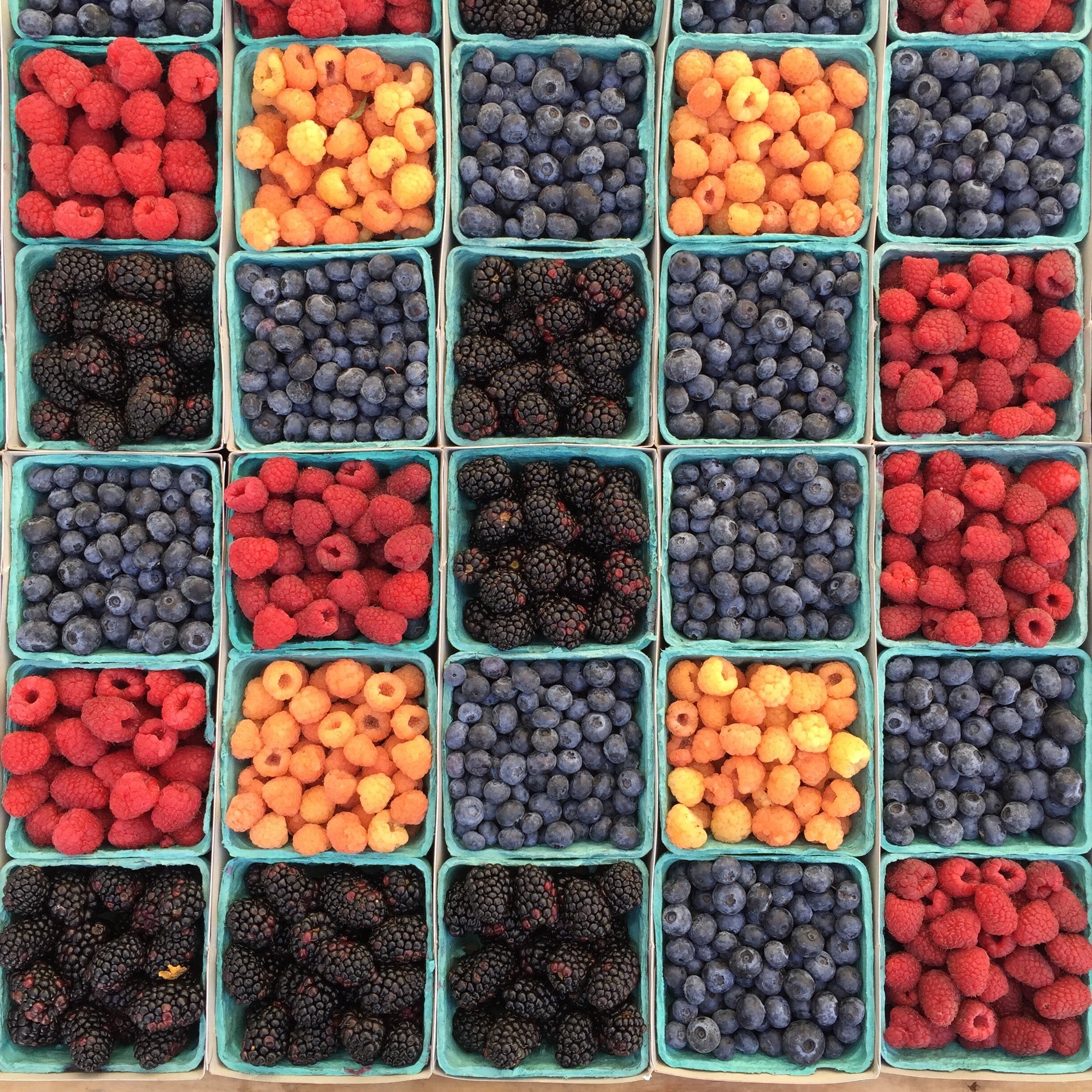Nutrition For Injury Recovery
/When we get physically injured, most of us think about the recovery process as RICE (rest, ice compression and elevation). While this is still vital to healing, what a lot of us miss out on is the chance to actually recover through our own NUTRITION. I’m not talking about simply cleaning up your diet to fuel your body, albeit a great idea, but eating foods that will help the specific stage of healing that your body is in at the time, and in turn, speeding up the recovery process!
There are three different stages that our bodies go through during an injury:
Inflammation - known as the pain, redness, heat and swelling, this stage is used to draw healing chemicals to the injured area.
Proliferation - this stage is used to remove any damaged tissues and to replace them with a new blood supply and temporary tissue.
Remodeling - this stage removes the temporary tissue and replaces it with permanent and stronger tissue.
All stages are important to the healing process, and the proper nutrition to speed up the healing process looks different for each stage.
Inflammatory Stage
While RICE is very important here, it’s also important to note that there are certain foods that are anti-inflammatory and will help keep the swelling down (note that you don’t want to try completely eliminating the swelling, as it’s vital to the recovery process, but there are certain ways you can monitor the swelling to make the process more comfortable).
During this stage, you want to focus on eating more anti-inflammatory foods:
Extra virgin olive oil, fish oil or flax oil
Fatty fish (salmon, anchovies or sardines)
Avocados
Broccoli
Dark chocolate or cocoa
Berries (strawberries, blueberries, blackberries or raspberries)
You also want to eat less pro-inflammatory foods:
Processed meats high in saturated fat like beef jerky, bacon, canned meat, salami and hot dogs
Trans fats like vegetable oil, sunflower oil, soybean oil and margarine
Fried foods
Sugar-sweetened beverages (soda, energy drinks and sports drinks)
Refined carbohydrates (white bread, pasta and white rice)
Proliferation and Remodeling Stages
Because your body is actively building tissue and will be busy during the 2nd and 3rd stages of the repair process, metabolism in these stages can go up by about 15-50%, so you will need to focus on fewer calories than you would on a typical training day, but more than if you were sedentary for that day. Make sure you are eating enough during this recovery process!
With each meal, ensure that you have adequate amounts of protein, diverse fats and a mix of fruits and vegetables. For carbs, focus on minimally-processed sources, like whole grain rice, whole oats and quinoa.
To make things simple, use the following measurements for each meal:
Protein: 1g per pound of bodyweight OR 2 palms of protein for men and 1 palm of protein for women
Fruits and vegetables: 1-2 fists of fruits or veggies
Fats: 2-thumb sized portions for men, 1 thumb-sized portion for women
Carbs: 2 golf-ball sized portions for men, 1 golf-ball sized portion for women
Lastly, adding in supplementation can also assist the recovery process (3 weeks post-injury):
Turmeric: 1 teaspoon/day, or can use the extract 400-600mg/day
Garlic: 2-4 whole cloves/day, or can use extract 600-1200mg/day
Bromelain (from pineapple): 1 cup pineapple/day, or 500-1000mg daily
Boswellia: 300mg 3x per day
Keep in mind that supplements are just that–to supplement your ALREADY good behaviors with food, exercise and mindset. I wouldn’t recommend relying on any one supplement to “do it all” for you, but they can come in handy when trying to recover or make up for a gap where you may be missing certain nutrients in your diet.
Utilize your diet to help speed up your recovery process, and you could be back to doing the activities you love sooner than you think!
Join over 1 million people using Volt's AI-powered training system. For more information, click here.










